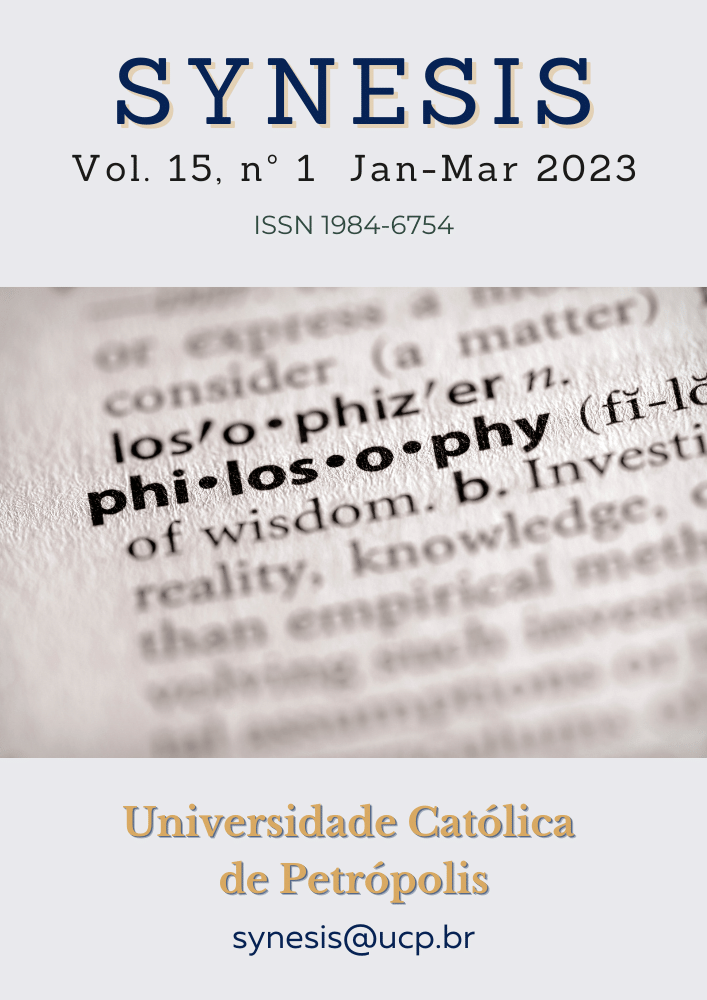Abstract
Education of human resources are considered the most important asset of any country and investment in people is always an inevitable thing in the process of socio-economic development. The economic growth of a country can only be realized when the human resource development of that country is concerned and focused. In the current period, the industrial revolution 4.0 taking place strongly around the world has been bringing great opportunities to developing countries, including Vietnam, but also poses many challenges. The challenge is that the existing labor force has not yet met the innovation requirements of the economy. Therefore, the study focuses on the identification and reality of human resources in Vietnam. From there, the study proposes some important contents in Vietnam's national human resource development strategy in the new period.
References
Alagaraja, M., & Wang, J. (2012). Reflections on the invited response: Dominant themes in current NHRD research. Human Resource Development Review, 11(4), 437- 442.
Abdullah, H., Rose, R.C. & Kumar, N. (2007). Human Resource Development Strategies: The Malaysian Scenario. Journal of Social Science, 3(4), 213-222.
Communist Party of Vietnam. (2006). Document of the 10th National Congress of Deputies. Hanoi: National Political.
Communist Party of Vietnam. (2011). Document of the 11th National Congress of Deputies. Hanoi: National Political.
Communist Party of Vietnam. (2011). Research Papers on Documents of the 11th National Congress of Deputies. Hanoi: National politics.
Communist Party of Vietnam. (2016). Document of the 12th National Congress of Deputies. Hanoi: National Political.
Cho, E., & McLean, N. (2004). What we discovered about NHRD and what it means for HRD. Developing Human Resources, 6(3), 382-393.
Chanh, M.Q. (1999). Improve the quality of human resources to meet the requirements of industrialization and modernization of the country. Hanoi: National politics.
Dung, N.H. (2003). Effective use of human resources in Vietnam. Hanoi: National politics.
Educational Development Institute. (2022). From education development strategy to human resource development policy. Hanoi: National politics.
Hac, P.M. (2021). Comprehensive human development in the period of industrialization and modernization. Hanoi: National politics.
Khai, D.V. (2005). Human resources in the process of industrialization and modernization of the country. Hanoi: Political theory.
Kim, G.-J. (2002). Education policies and reform in South Korea. Secondary education in Africa: Strategies for renewal.
Moon, Y. L., & McLean, G. N. (2003). The nature of corruption hidden in culture: The case of Korea. Fighting corruption in Asia: Causes, effects, and remedies (pp. 297-315). Singapore: World Scientific.
Nam, P.X. (2021). Challenges of Vietnamese labor in the context of the fourth industrial revolution, Journal of Economics and Management, No. 8, p.32
Nghia, N.T. (2007). Philosophical topics. Hanoi. Social science.
Ruona, W. E. (2001). The foundational impact of the Training Within Industry project on the human resource development profession. Developing Human Resources, 4(3), 312-318.
Stead, V., & Lee, M. M. (1996). Intercultural perspectives on HRD. In J. Stewart & J. McGoldrick (Eds), HRD: Perspectives, strategies, and practice (pp. 47–70). London: Pitman.
The V.B. (2005). Promoting human resources for industrialization and modernization: international experience and Vietnamese practice. Hanoi: Labor - Society, Hanoi.
Tri, M.T., & Thanh, V.V. (2022). Developing High-Quality Human Resources to Fulfill the Aspirations of Building a Prosperous and Happy Country: Problems and Solutions. Quality - Access to Success. https://doi.org/10.47750/QAS/23.191.26

This work is licensed under a Creative Commons Attribution-NonCommercial-NoDerivatives 4.0 International License.
Copyright (c) 2023 Synesis (ISSN 1984-6754)

